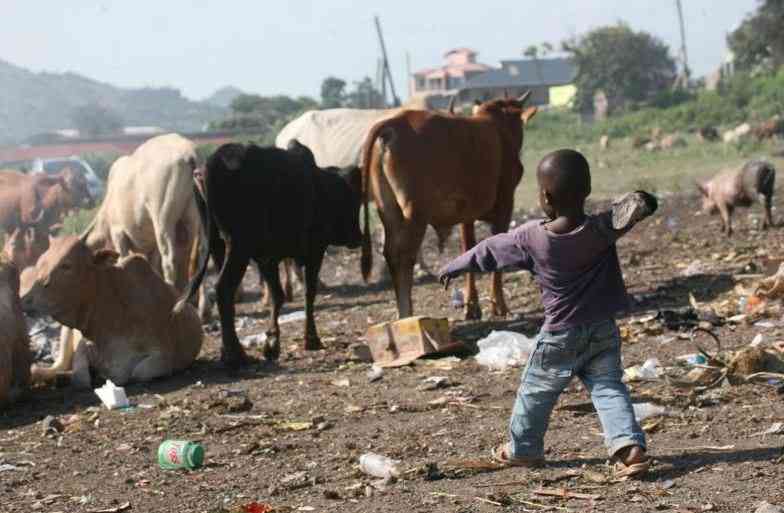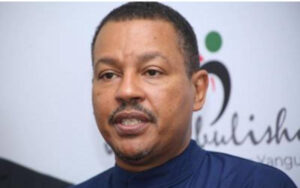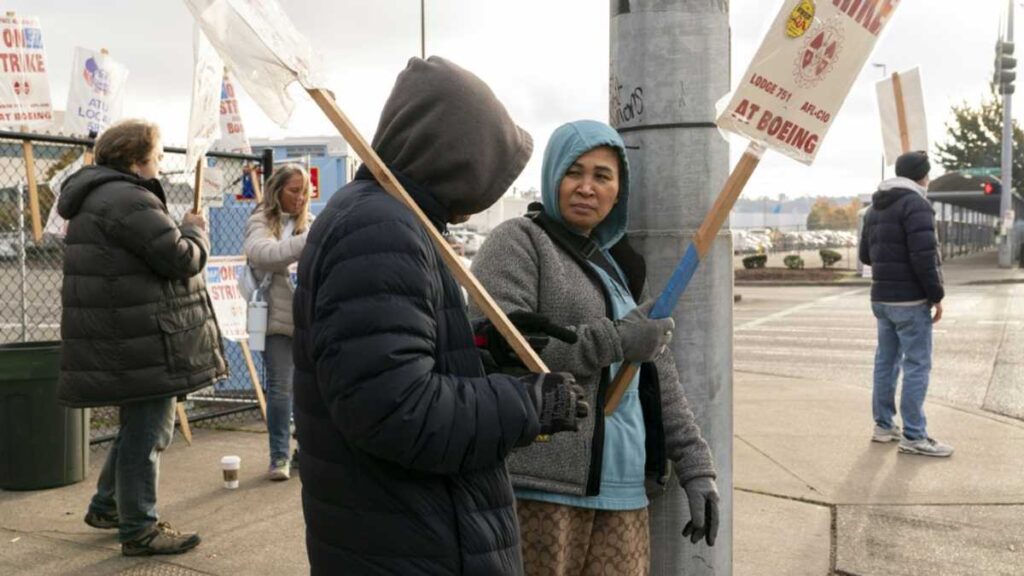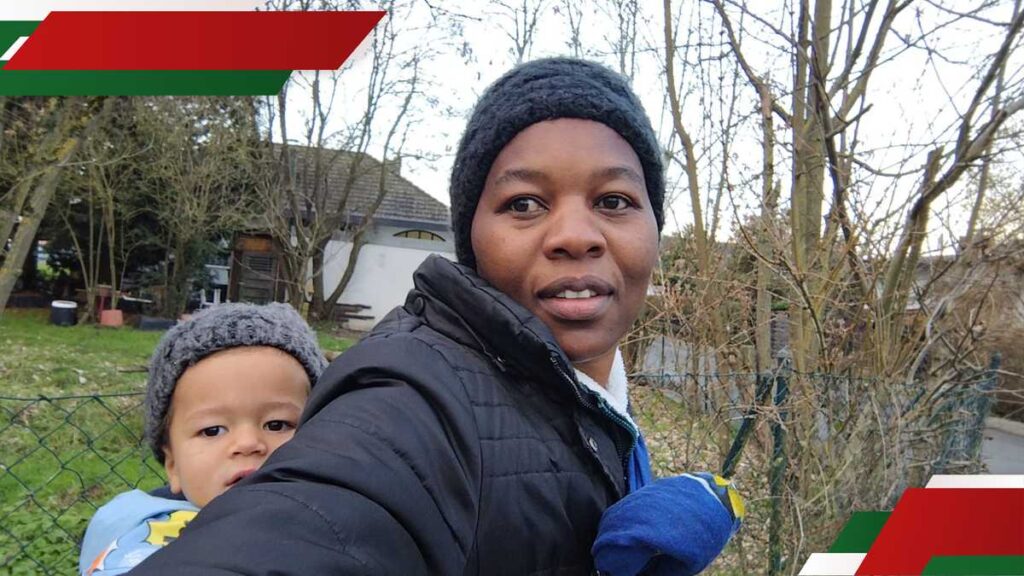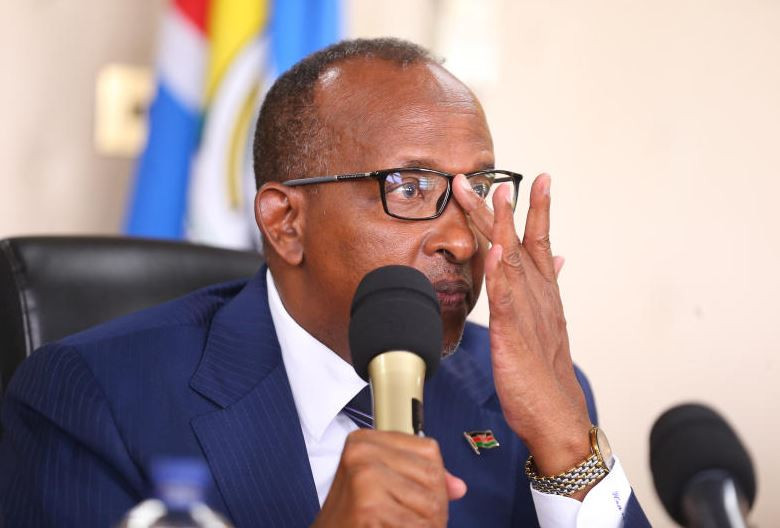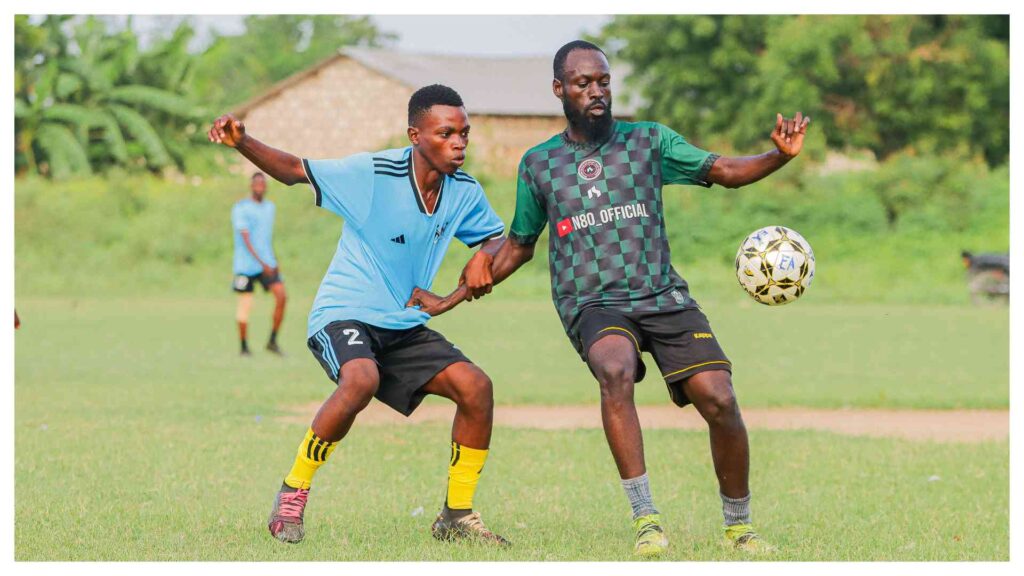A parliamentary committee has raised concern over the increasing number of underage children hired as herders in parts of Kilifi County.
The National Assembly Departmental Committee on Cohesion and Equal Opportunities said children aged between 12 and 15 are deprived of education after they are hired as herders.
Mandera West MP Adan Yussuf Haji, committee chairman, said that many young boys employed as herders in Kilifi migrate from Tana River, Lamu, Mandera, and Garissa counties.
“The days when children were used to graze livestock are long gone. Anyone denying children their right to education should face the full force of the law,’ he said on Monday in Malindi.
Haji urged security agencies to take decisive action against those individuals who jeopardise the future of children by employing them for low wages.
“Police and administrators must act swiftly and hold accountable those who exploit underage children. This is destroying the lives of the next generation,” said the Mandera West MP.
MP Haji made the remarks during a community dialogue meeting organised by the committee in partnership with the National Cohesion and Integration Commission (NCIC) in Malindi.
The meeting was to find peace between warring herders and farmers in the Magarini and Ganze sub-counties, which have led to loss of lives and destruction of property.
Magarini Constituency Deputy County Commissioner Joshua Leitoi confirmed that authorities are addressing the exploitation of children as herders in the area.
He stated that several herders have been prosecuted for property destruction, while some farmers have also faced charges of assault. He urged all parties to maintain peace, emphasising that any security threats will be addressed firmly.
The use of children in the conflict also drew concern from community policing leaders.
Lamu Woman Representative Monica Marubu said the government must protect the children’s rights.
Fatuma Mohammed, a farmer in Magarini, said that most of the children speak in their local language, hence making communication harder.
Most of them speak Wardhei, Oruma, and Somali languages, rather than Swahili,” she said.
“These children are too young to be doing this work. Many don’t understand Swahili, making communication difficult. They carry knives, arrows, and rungu’s, making confrontations more dangerous,” she said.
Stay informed. Subscribe to our newsletter
Additionally, she said that many farmers feel powerless because some livestock is owned by high-ranking officials.
“When we report such cases, the police and chiefs fail to act because they fear repercussions, as the livestock often belong to influential figures in government,” said former MCA Renson Karisa.
He also shared a personal experience. “I was assaulted and suffered a broken leg after confronting herders who had driven nearly 300 camels into my farm.”
Teso North MP Oku Kaunya urged residents to share information with the committee discreetly if they fear reprisals.
“We’re here to find a lasting solution. If you have any information and fear speaking publicly, feel free to share it confidentially,” he said.
Local leaders said the conflict is ongoing in Chamari, Marafa, and Bungale even though peace was restored in Marereni.
Japheth Gona, Chairperson of a local Community Policing Committee, told the meeting that the use of child herders is on the rise. He described the children as illiterate and defiant.
“They don’t understand Kiswahili or the local language, and they act with impunity,” he said.
Lamu County MP Monica Marubu condemned the use of children as herders and called for urgent intervention.
“I am deeply disturbed by reports that children are being hired to herd cattle at the expense of their education. Security agencies must address this issue swiftly,” she said.








